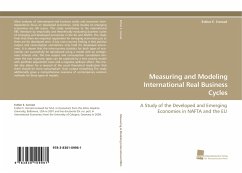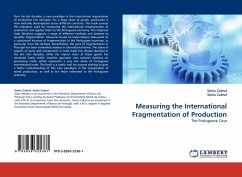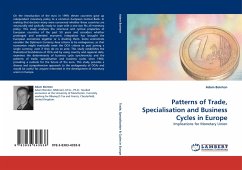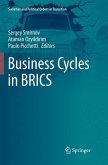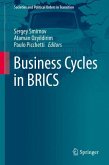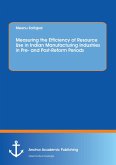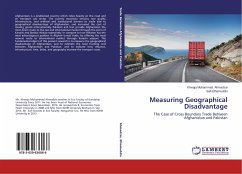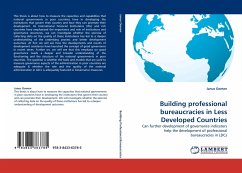Most analyses of international real business cycles and economic interdependence focus on developed economies, while studies on emerging economies are still scarce. This study contributes to the international RBC literature by empirically and theoretically evaluating business cycles of emerging and developed economies in the EU and NAFTA. The study finds that there are empirical regularities for emerging economies just as there are for developed ones. A key cross-country finding is that positive output and consumption correlations only hold for developed economies. It is shown that the intra-country statistics for both types of economies can successfully be reproduced using a model with an endogenous interest rate. The low output and consumption correlations between the two economy types can be captured by a two-country model with portfolio adjustment costs and a negative spillover effect. This model also allows for a reversal of the usual theoretical implication that there should be more consumption- than output smoothing The study additionally gives a comprehensive overview of contemporary solution methods for these types of models.

